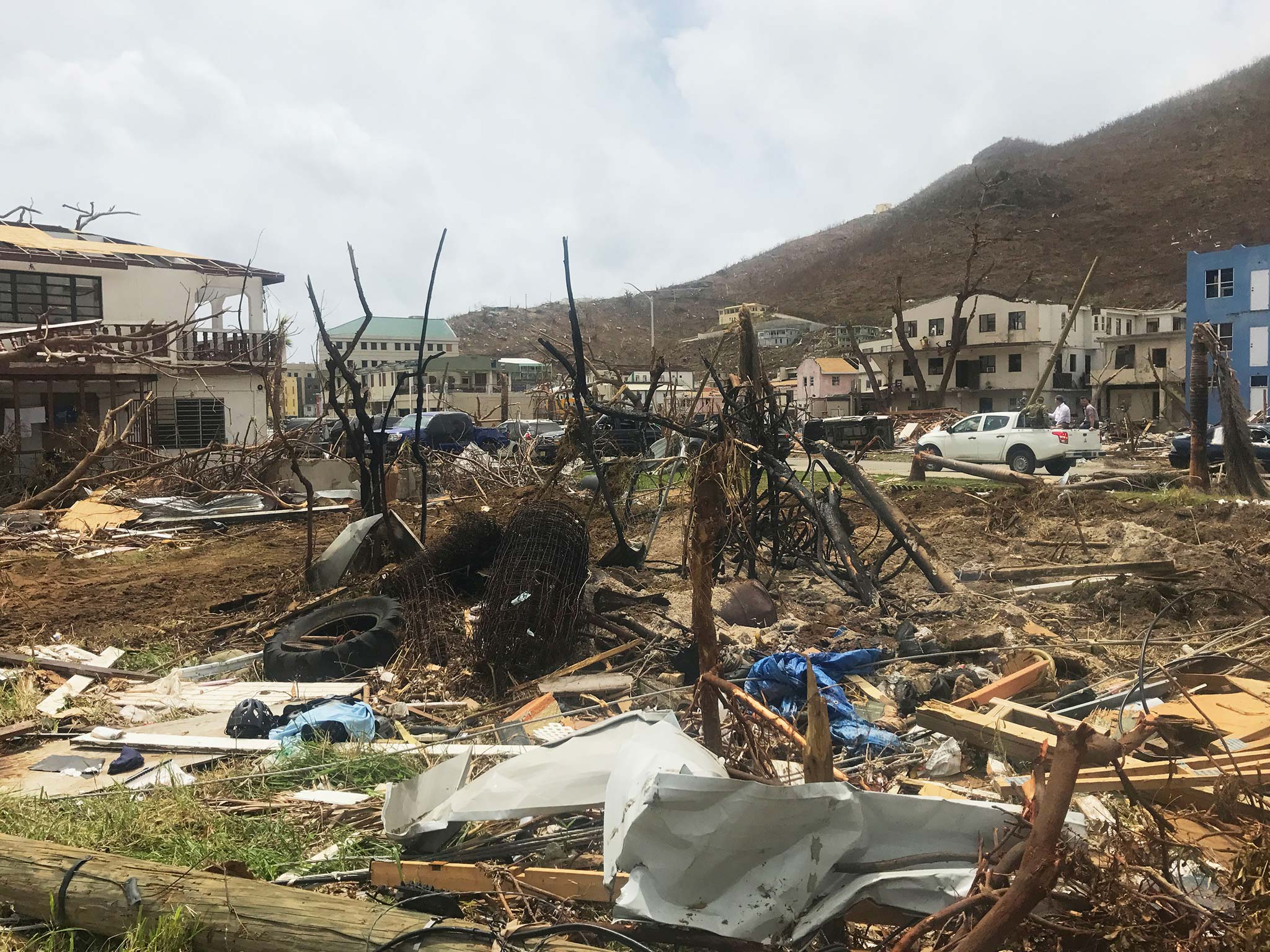Global warming 'pause' has ended, warns Met Office
Scientists warn the world is under 'increasing pressure' to limit global warming to 1.5C, the target set by the Paris Agreement to avoid dangerous climate change

Your support helps us to tell the story
From reproductive rights to climate change to Big Tech, The Independent is on the ground when the story is developing. Whether it's investigating the financials of Elon Musk's pro-Trump PAC or producing our latest documentary, 'The A Word', which shines a light on the American women fighting for reproductive rights, we know how important it is to parse out the facts from the messaging.
At such a critical moment in US history, we need reporters on the ground. Your donation allows us to keep sending journalists to speak to both sides of the story.
The Independent is trusted by Americans across the entire political spectrum. And unlike many other quality news outlets, we choose not to lock Americans out of our reporting and analysis with paywalls. We believe quality journalism should be available to everyone, paid for by those who can afford it.
Your support makes all the difference.The recent “pause” in global warming has ended following three years in which temperature records have been successively broken, the Met Office has said.
The idea of a slowing in the rate of warming has been controversial with some arguing it was little more than a statistical blip.
In a statement on its website, the Met Office said it had established that the world’s climate warmed more slowly between 1999 and 2014 than it had done previously, but the last few years had seen a return to the more rapid rate.
Professor Stephen Belcher, the Met’s chief scientist, said: “After a period during the early 2000s when the rise in global mean temperature slowed, the values in 2015 and 2016 broke records and passed one degree Celsius above pre-industrial levels.
“Data from the Met Office shows that the long-term rate of global warming has now returned to the level seen in the second half of the 20th century.”
The so-called pause was exploited by climate science deniers, who insisted it showed the science was wrong and, therefore, should be ignored.
The Met Office said its conclusion that there had been a genuine slowdown was based on an analysis of rolling 15-year trends.
It added this was largely the result of the global impact of a long-term cooling trend in the Pacific Ocean, which had masked the effect of some of the greenhouse gases produced by human activity.
“The influences of anthropogenic greenhouse gas release and aerosols explain much of this increase [the one degree rise] but natural variations in climate, such as the influence of El Niño [weather event], mean that the observed temperature rise isn’t even from year to year,” the Met Office statement said.
“Although global temperatures remained at near record levels throughout, variations in decadal climate in the Pacific led to the slowdown in the rise of Global Mean Surface Temperature.”
Professor Adam Scaife, head of monthly to decadal prediction at the Met Office Hadley Centre, explained the Pacific’s cooling effect on the planet had come to an end.
“The end of the recent slowdown in global warming is due to a flip in Pacific sea-surface temperatures,” he said.
“This was due to a change in the Pacific Decadal Oscillation which entered its positive phase, warming the tropics, the west coast of North America and the globe overall.”
The Met Office added the fact that the world’s average temperature was now 1C higher than pre-industrial levels meant there was “increasing pressure on limiting global warming to a 1.5C warming threshold, as agreed in Paris in 2015”.
“So far 2017 has also exceeded the 1C threshold, although the Met Office has forecast that 2017 is unlikely to be a record-breaking year as temperatures this year have not been influenced by El Niño conditions,” it said.
It added that it was unclear how long the Pacific Decadal Oscillation would remain in its current warm phase.
Join our commenting forum
Join thought-provoking conversations, follow other Independent readers and see their replies
Comments